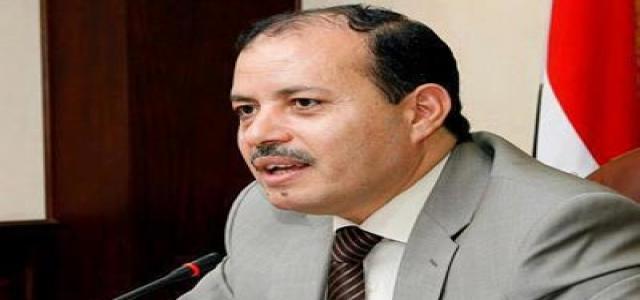The Egyptian Parliament approved on Sunday a draft law submitted by the government to govern organising medical clinical research trials, known as clinical trials, some of the articles in which have been opposed.
Parliament Speaker Ali Abdel Aal said that the draft “supports the Egyptian pharmaceutical industry” and has “a close link to national security.”
The draft contains 12 articles, including establishing a Supreme Research Council under the supervision of the minister of health, which aims to set ethics and standard principles for research. One of its main responsibilities is to send clinical research studies to the General Intelligence Service for questioning.
The law is meant to impose strict controls on trials that were conducted in hospitals outside the Ministry of Health’s control, as it includes articles to punish those who will not commit to it.
The punishments range from imprisonment and fines from EGP 50,000-100,000 for anyone conducting research without obtaining the approval of patients being subjected to clinical trials. Meanwhile, it stipulates rigorous imprisonment sentences and a EGP 500,000 fine if experiments lead to permanent disability. If they lead to a patient’s death, the perpetrator(s) will be imprisoned for 10 years, and fined EGP 1m.
The Egyptian Doctors and Pharmacists Syndicates expressed some concerns over the law, stressing that research and medical interventions must be according to international standards in order to maintain Egyptian patients’ safety.
Egypt is considered the second-highest inviting African country of foreign pharmaceutical companies to run clinical trials, according the National Health Institution. It has witnessed a steady increase in the numbers of trials it hosts, as in February 2016, there were 57 active international drug trials in the country, according to report released in 2016 by the Egyptian Initiative for Personal Rights.



